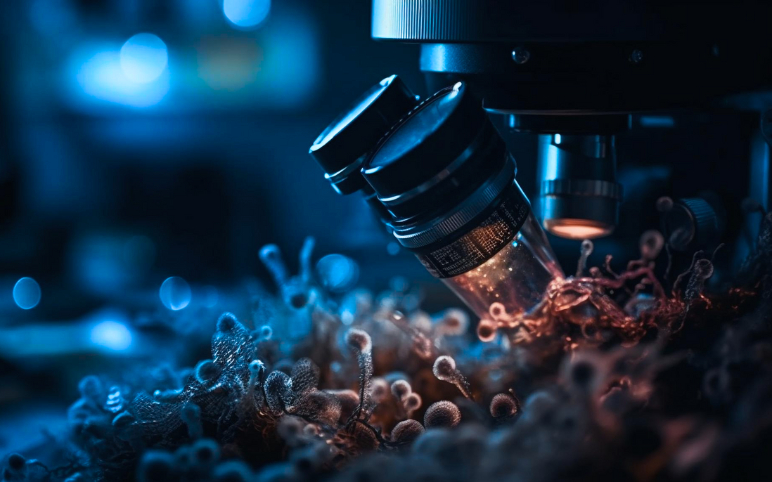Roche’s Genentech whacking 130 jobs at California plant
The fortunes of Roche’s Genentech biologics plant in California, to a large degree, have followed the ebb and flow of the Swiss drugmaker’s expected battle with biosimilars of its blockbuster cancer drugs. Right now, biosimilars are on the rise and the California plant’s fortunes are on a downward slide, with dozens of workers set to lose their jobs. Genentech today confirmed 130 workers at the plant in Vacaville will be laid off by the end of the year after determining that fewer workers are needed for the demand it is forecasting for its injected medications. Genentech said that workers will get extended healthcare and other help through the transition and that it is “committed to the continued success of our operations in Vacaville, which is our largest manufacturing facility and a vital part of the global Roche network.
Johnson & Johnson has been looking for ways to expand its blockbuster drug Stelara, now that a raft of new competitors have made things tougher in psoriasis. And the immunology med might just have a good prospect in lupus. On Nov 6, the New Jersey drugmaker’s Janssen unit said the med had impressed in a phase 2 study. Sixty percent of patients receiving Stelara showed significant improvements in disease activity at week 24 of treatment, while just 31% of the placebo group did. Based on those results, the pharma giant plans to take its star into the next stage of development, Newman Yeilding, Janssen’s head of immunology development, said in a statement, adding that they “provide a strong rationale for moving into a phase 3 clinical development program.”



